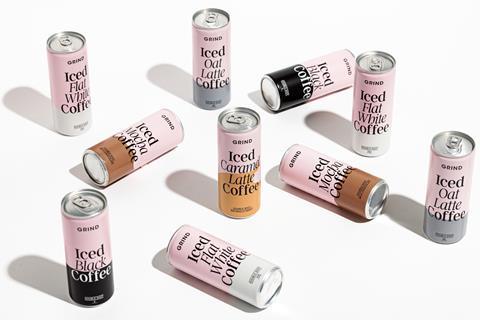
Ready-to-drink coffee has become overly reliant on promotions to drive sales, according to the CEO of London challenger brand Grind.
Speaking to The Grocer, David Abrahamovitch said competition between leading RTD brands was putting downward pressure on pricing, and suppliers needed to offer higher quality products to “encourage consumers to trade up” and preserve value in the category.
“I think it [RTD coffee] has been too reliant on it [promotions],” Abrahamovitch said. “There has been downward pricing pressure and competition between the likes of Costa and Starbucks.”
The scale and intensity of promotional activity in the segment varied “a lot between the different grocers and convenience retailers”, caveated Abrahamovitch.
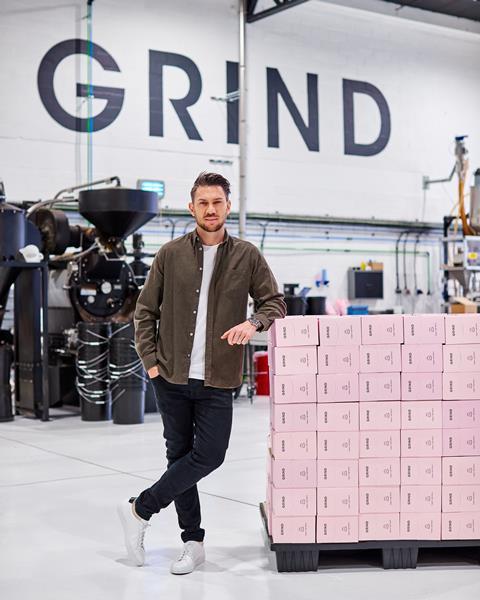
He insisted however that “slightly more premium” products were the key to “hopefully break[ing] the cycle of everything being sold on promotion”.
The amount of RTD coffee sold on promotion has grown from 25.9% to 34.6% of total volumes in the 52 weeks to 15 June 2024, according to NIQ Homescan data. The segment, meanwhile, has seen volumes swell by 5.4%, to more than 207 million units [NIQ Scantrack].
Abrahamovitch predicted RTD coffee would continue to grow as shoppers were now “buying coffee in occasions that they previously didn’t consider”, but said the segment was currently dominated by drinks made from “low commodity coffee” with “lots of artificial sweeteners added”.
“The coffee going into a Grind RTD is bought from the same farms and roasted in the same way as the coffee consumed in our stores,” he said. “We think there’s room for a much more premium RTD coffee proposition in grocery.”
How Grind has pivoted to grocery
Grind, which made its grocery debut last year with Waitrose, is now stocked across more than 7,000 distribution points in the UK.
In April it rolled out its RTDs, pods, ground and whole bean coffee to Tesco stores. It is also stocked in Co-op, on Ocado and supplies own-label RTD coffee for M&S.
Abrahamovitch revealed less than half of Grind’s circa £30m annual revenues now came from its own physical coffee shops. He said the acquisition of Bottleshot coffee in March 2023 – subsequently relaunched as Grind’s RTD range – had enabled the business to accelerate into grocery.
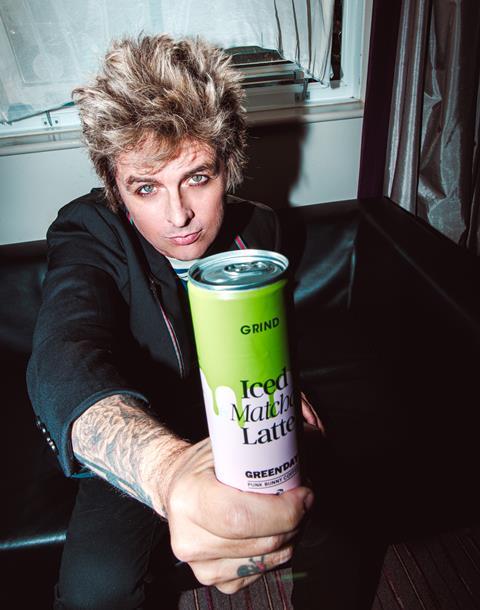
“Pods are still the largest part of our business but ready-to-drink and bean and ground are growing rapidly,” he said. “If you separate just grocery from online, it’s more of an even split. It wouldn’t surprise me if there’s a world in which RTD becomes the dominant part of our business.”
Asked why, he added: “If nothing else, it’s just because it’s easier to consume. Bean and ground coffee and cold coffee all require preparation and the use of the machine, whereas all you need for ready-to-drink coffee is a finger and a fridge.”
Grind’s NPD plans
This month, the brand rolled out a limited-edition Iced Matcha Latte in collaboration with American rock band Green Day.
Abrahamovitch said the drink could become a permanent feature in Grind’s RTD lineup, and said the brand was exploring further NPD in iced coffee.
“We’re looking at all the things you would expect us to be looking at. So larger formats, multi-serve formats, protein-based, more functional drinks,” he said. “We don’t have anything confirmed yet, but we’re obviously exploring all of those areas.”



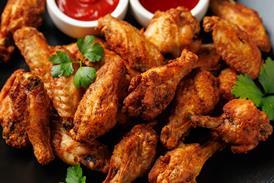




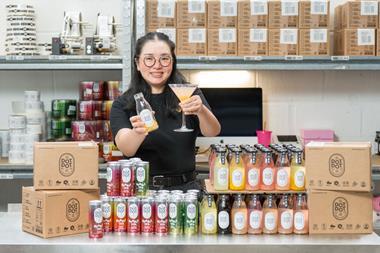



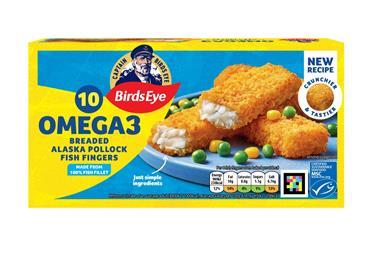
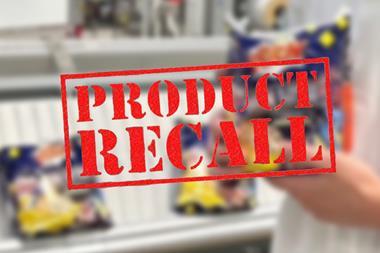

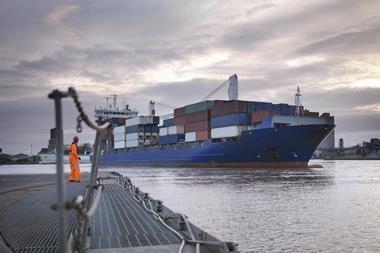
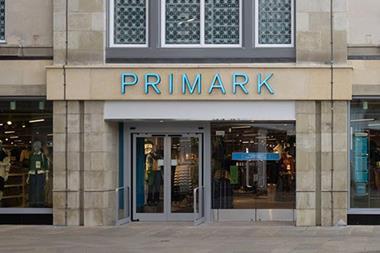
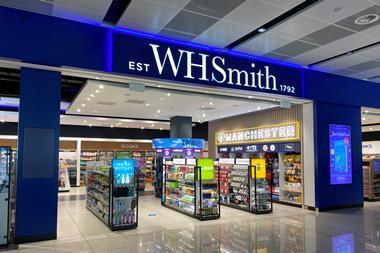
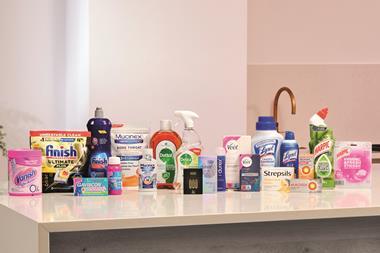
No comments yet